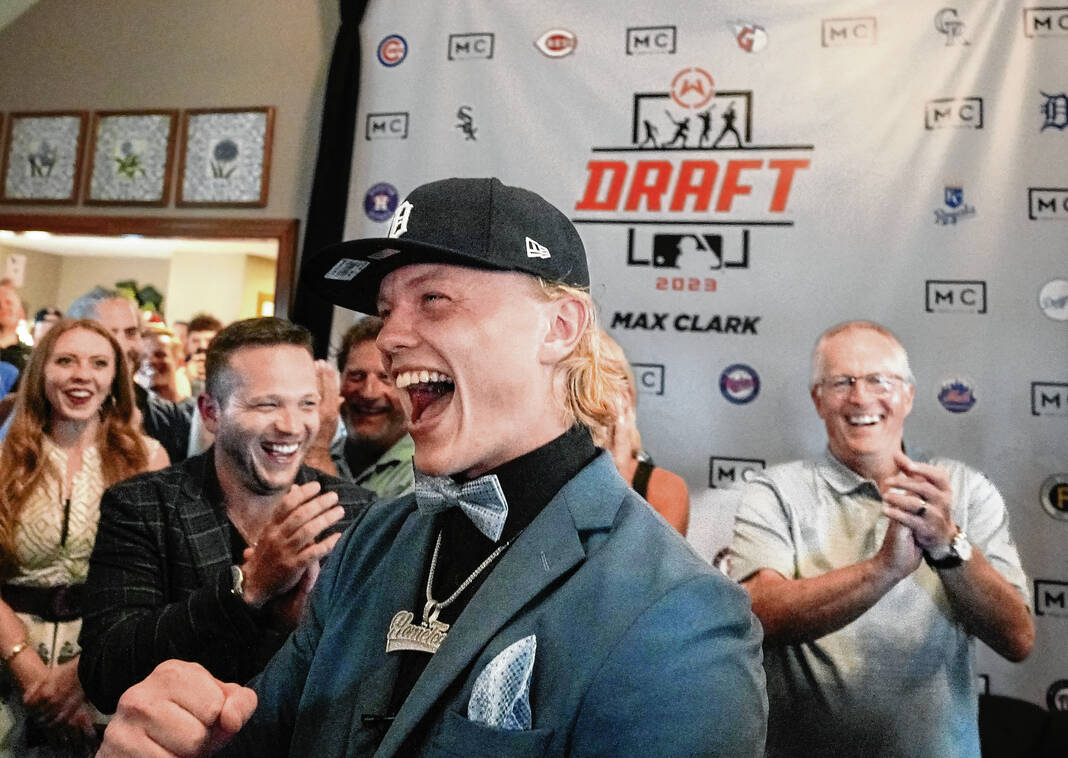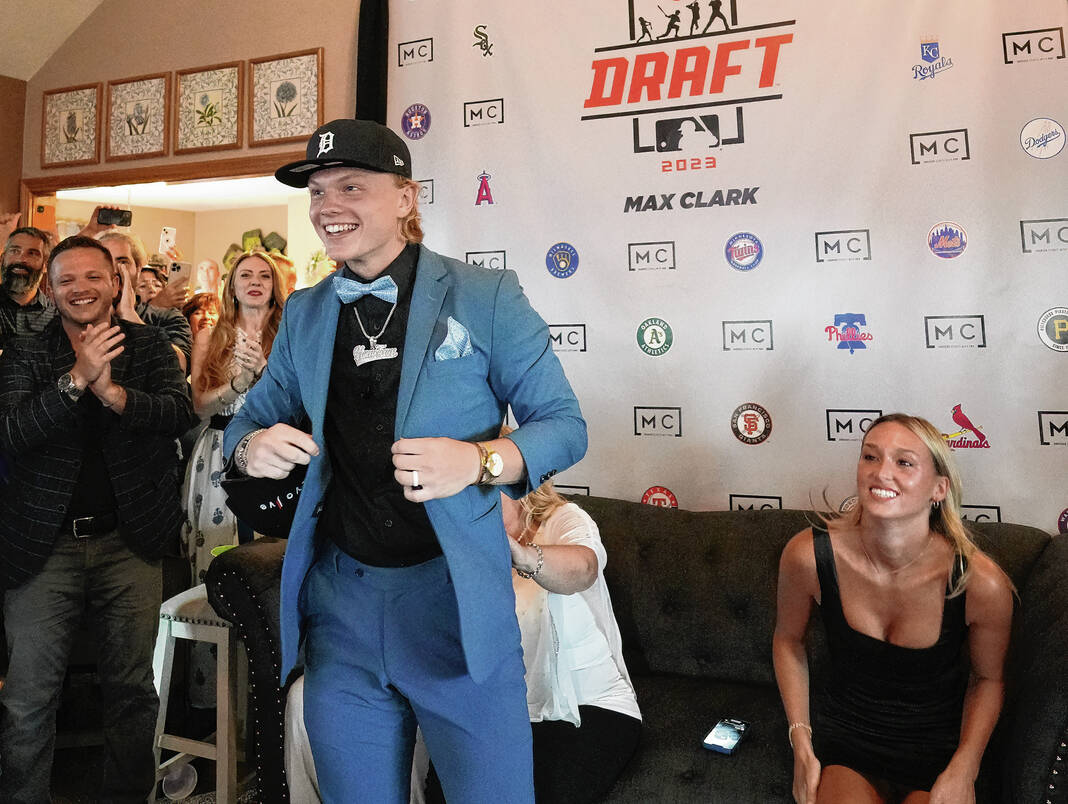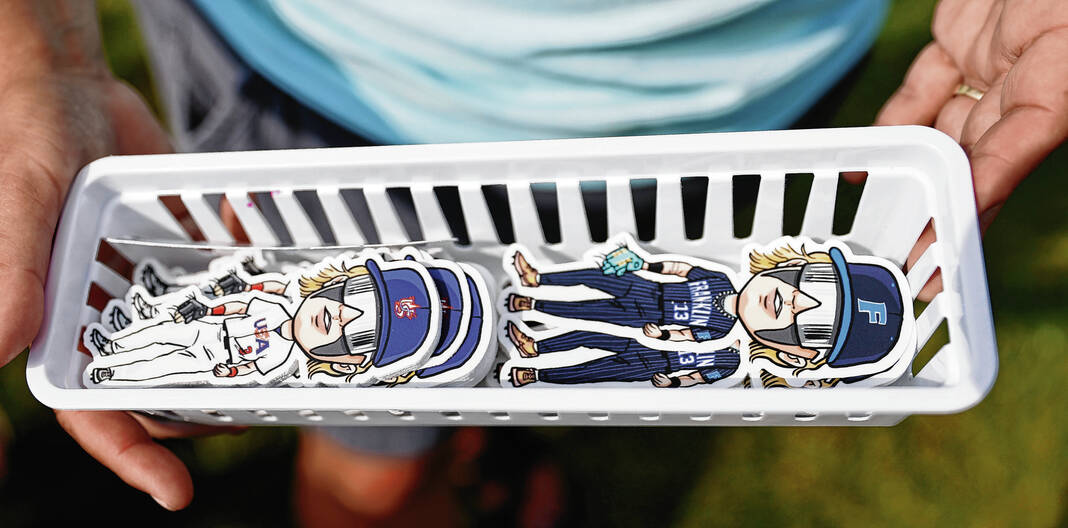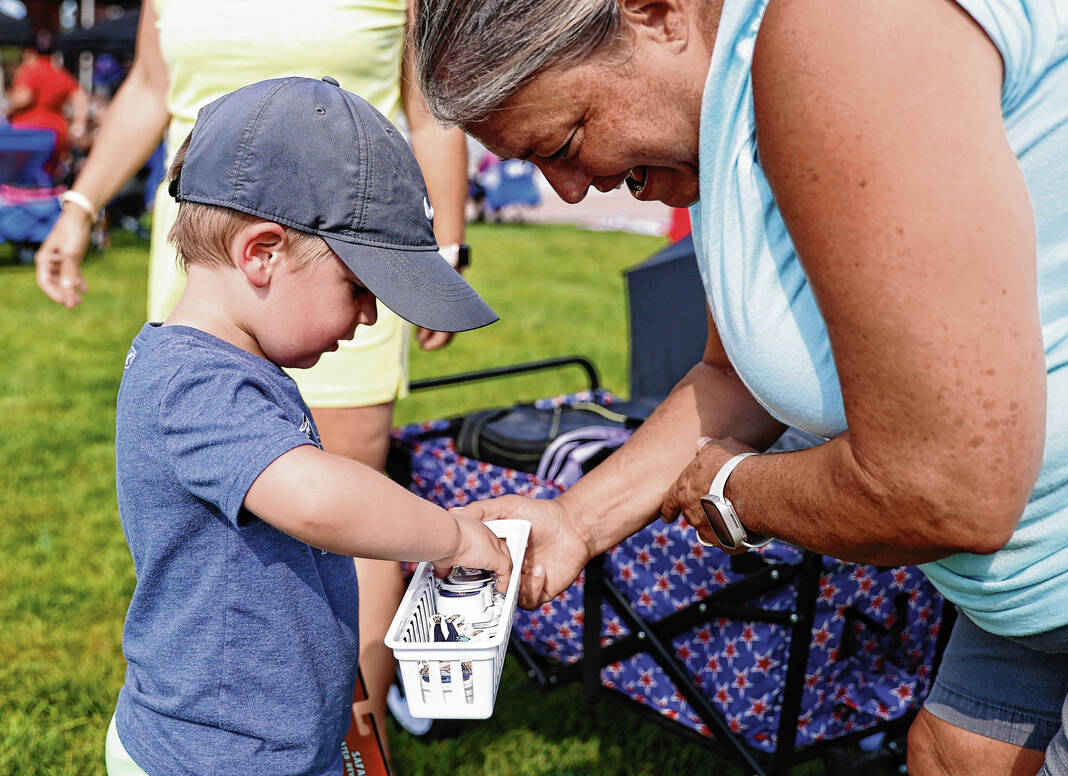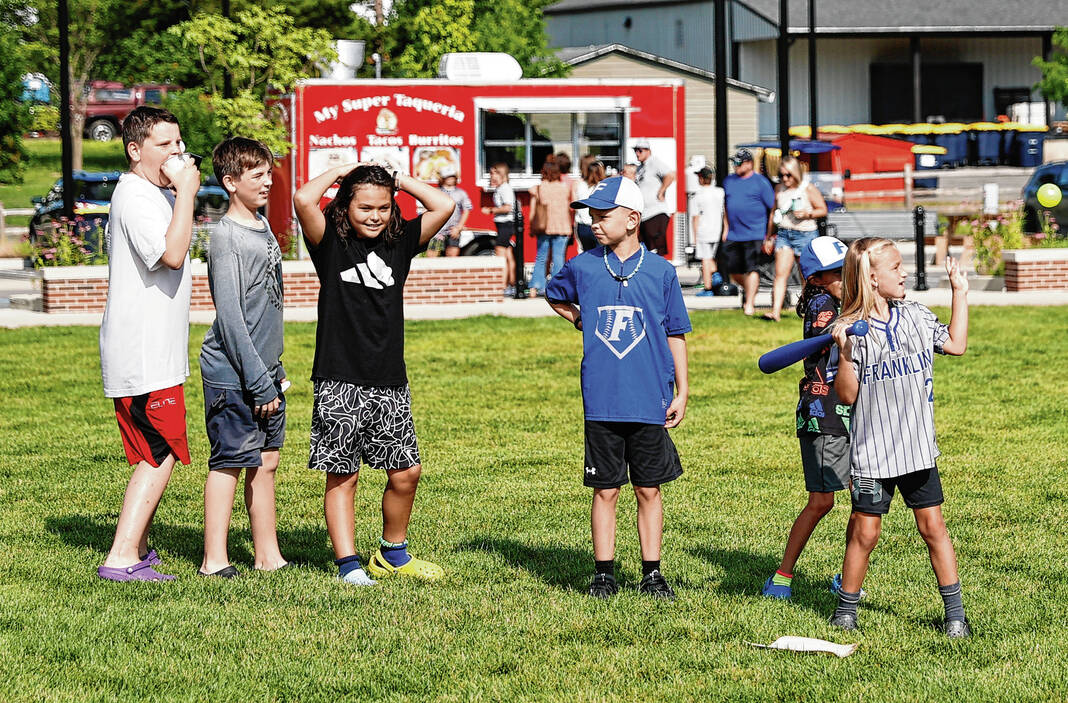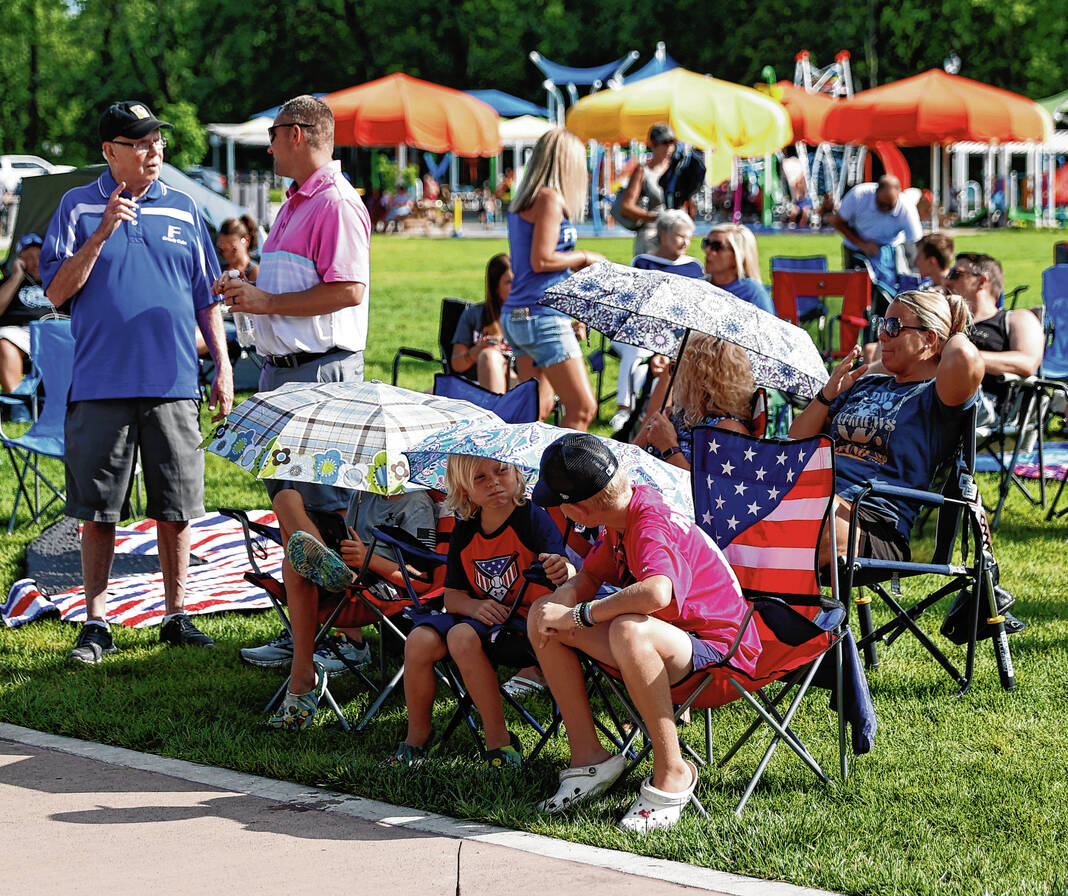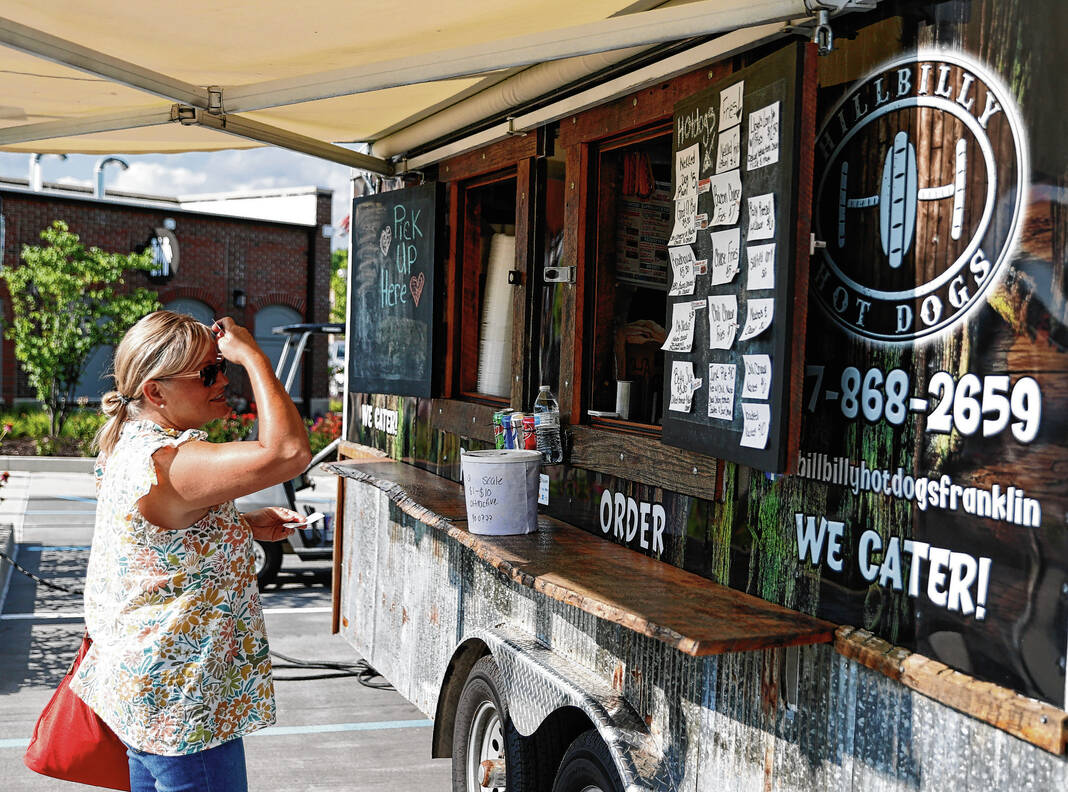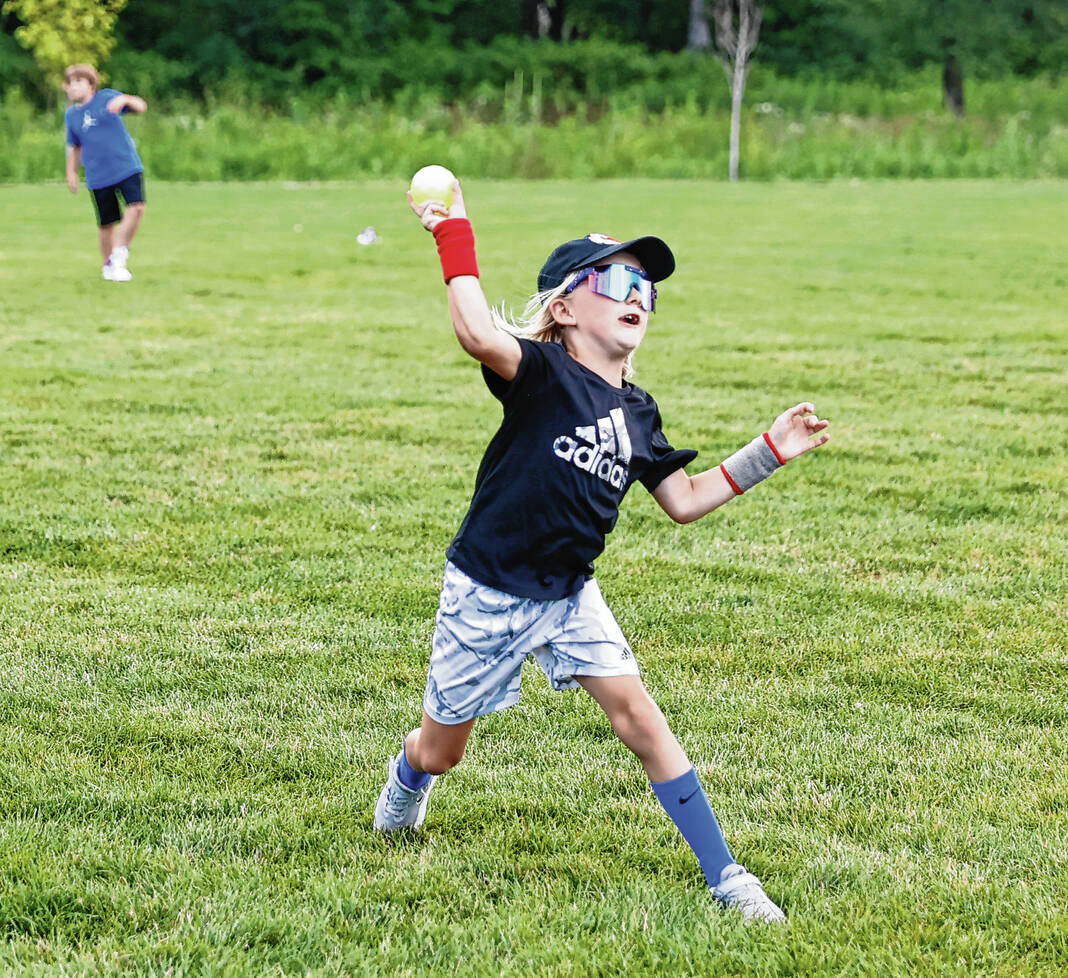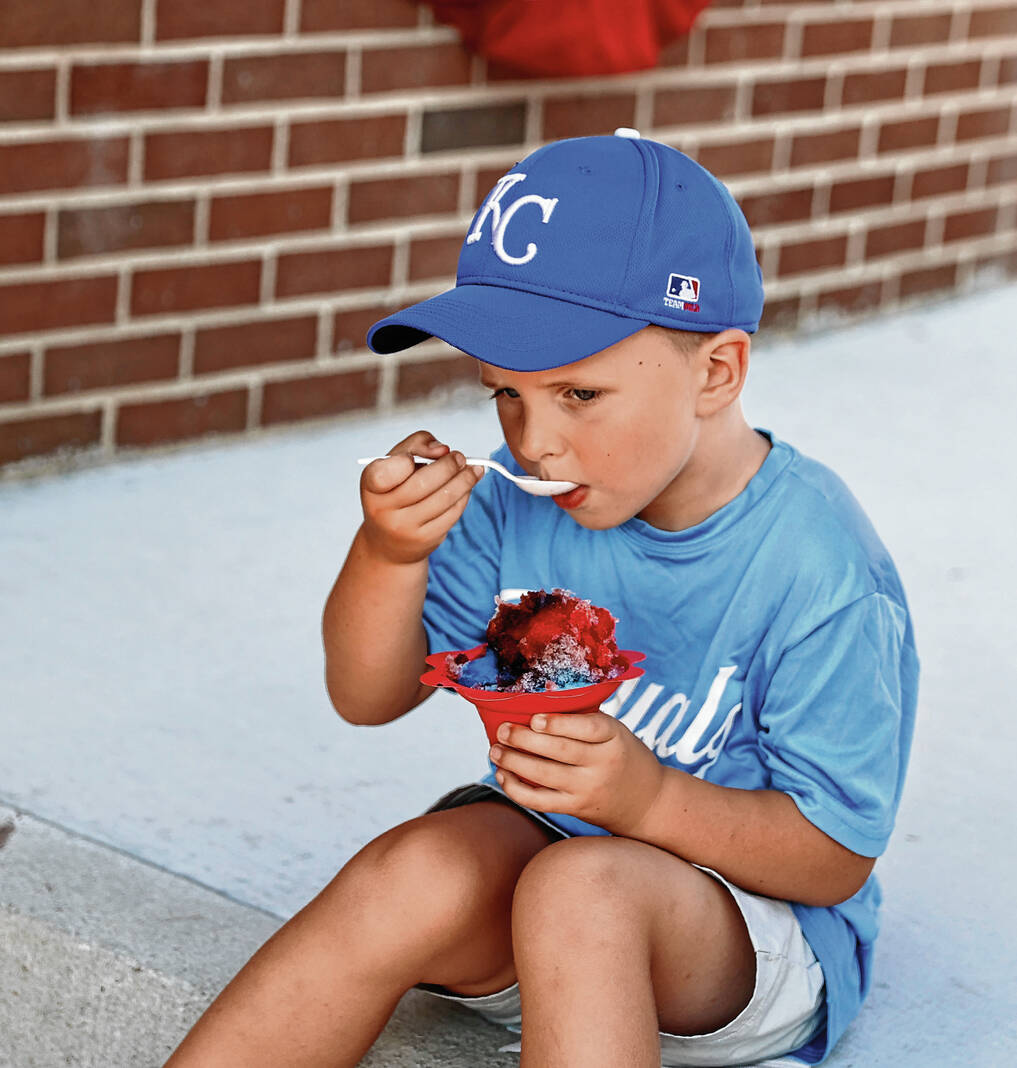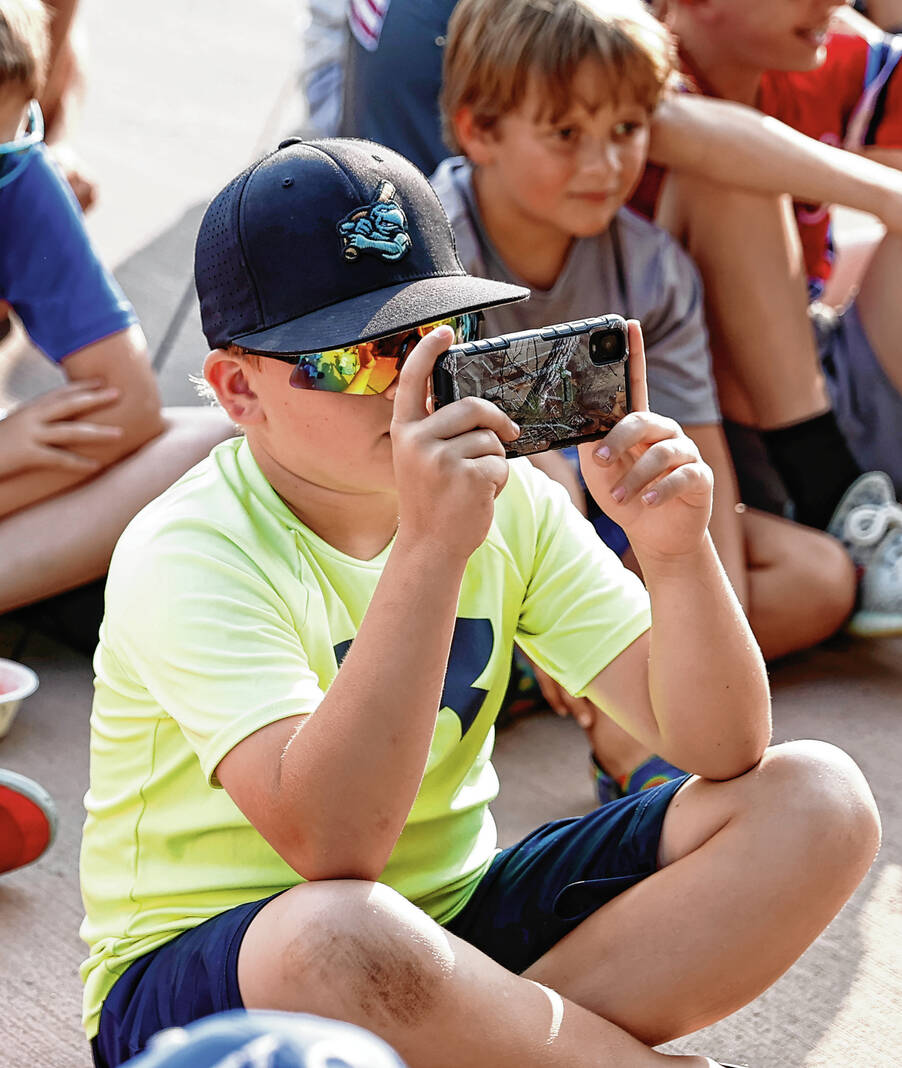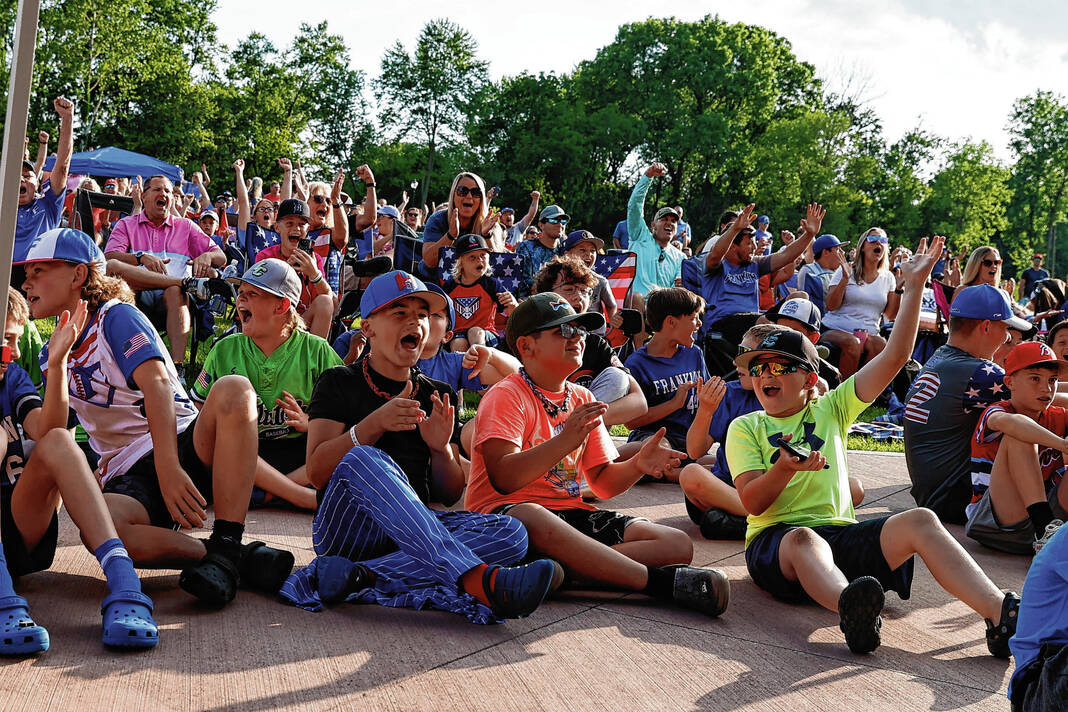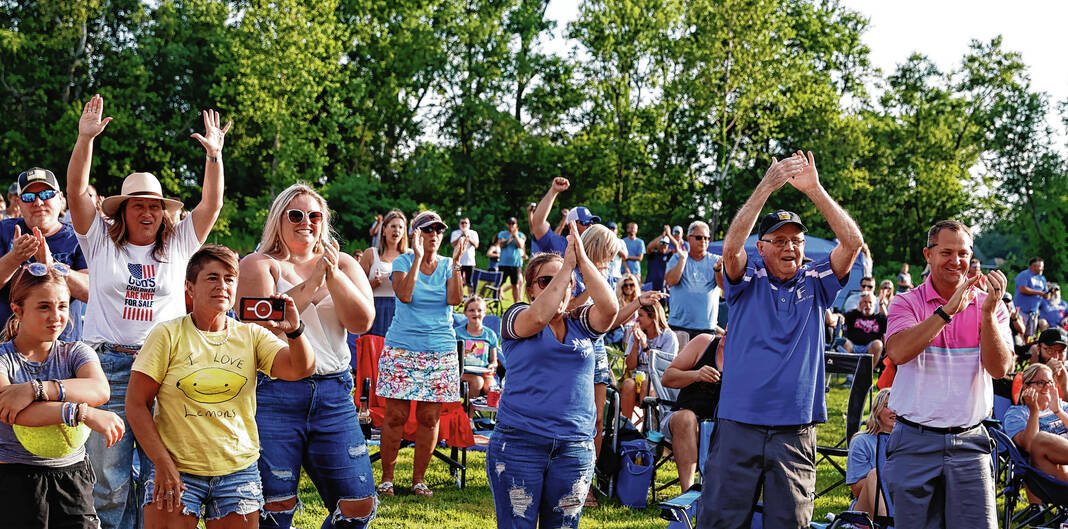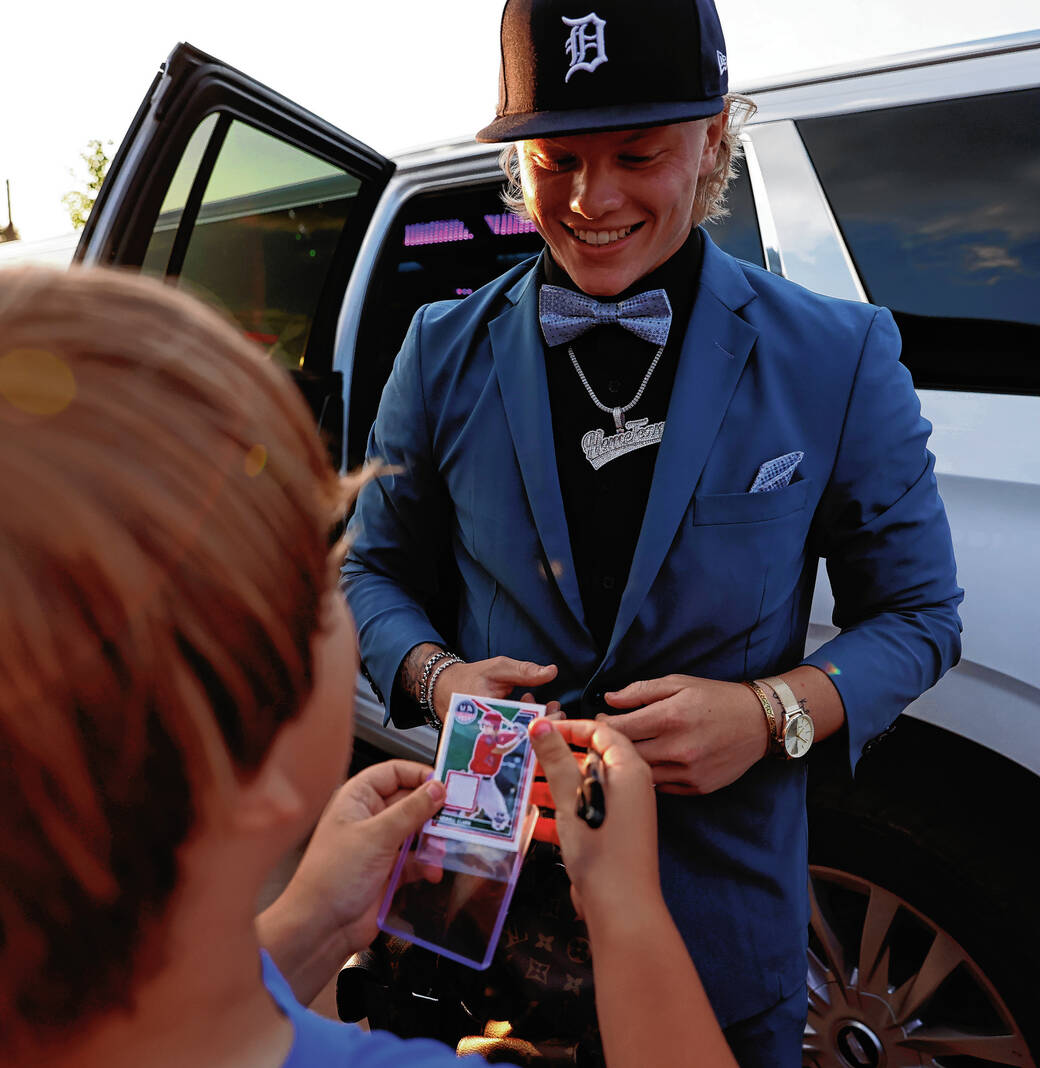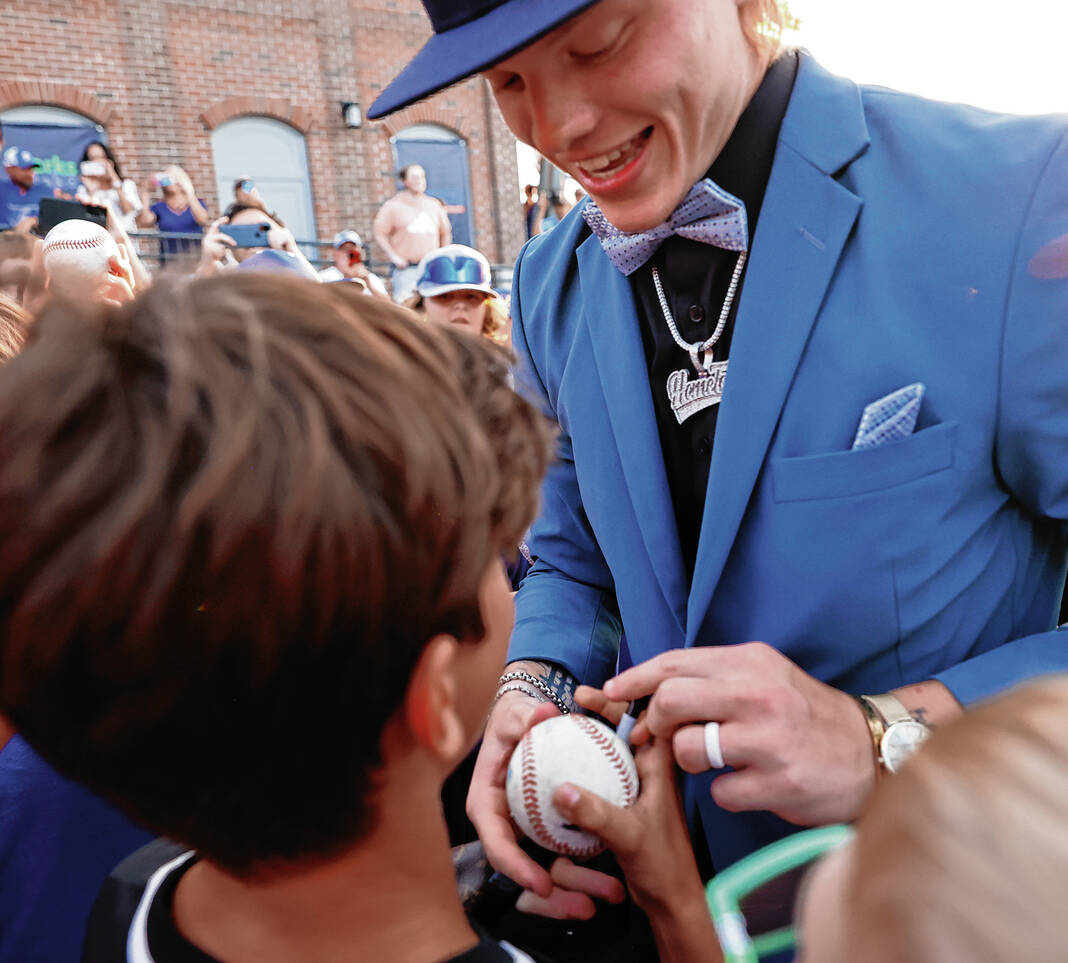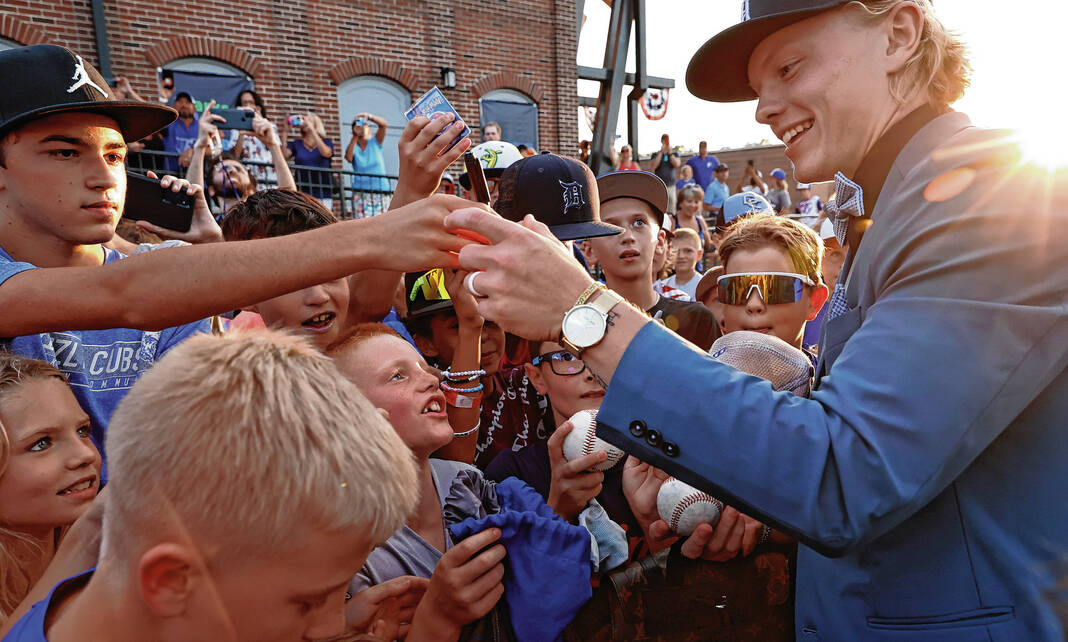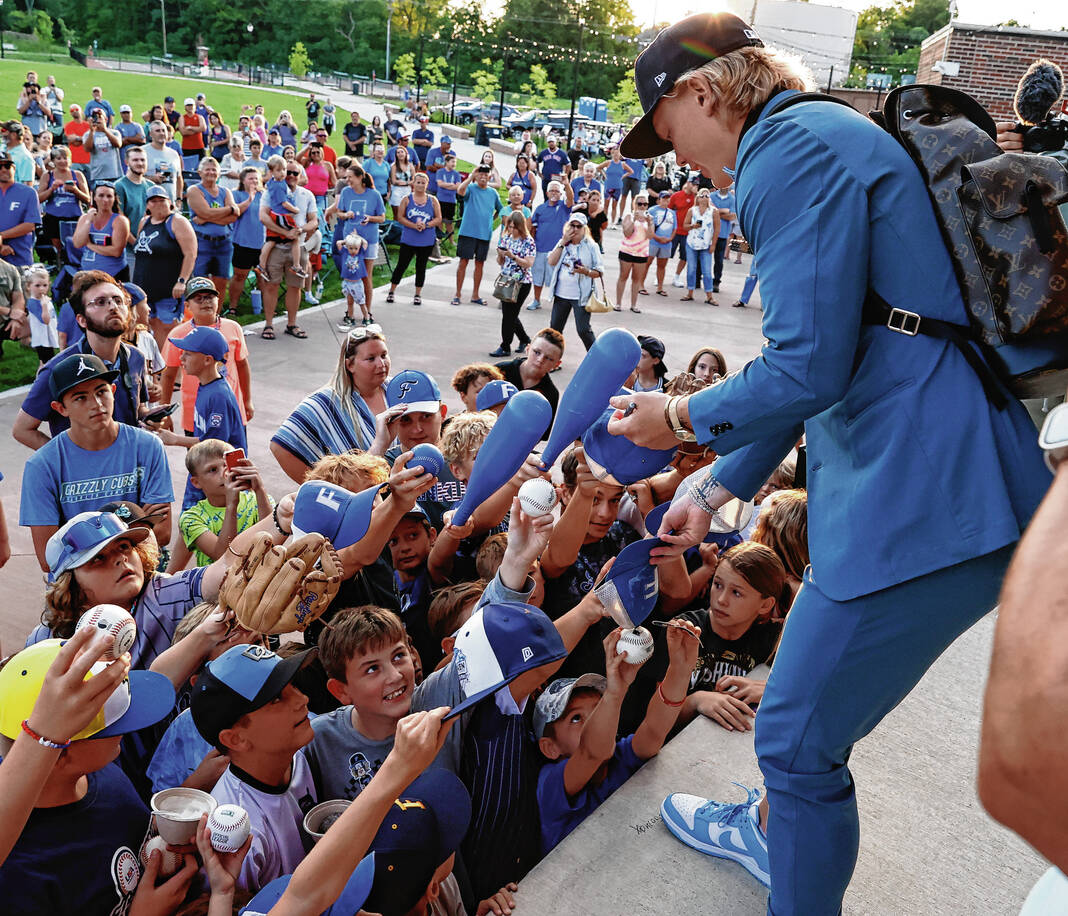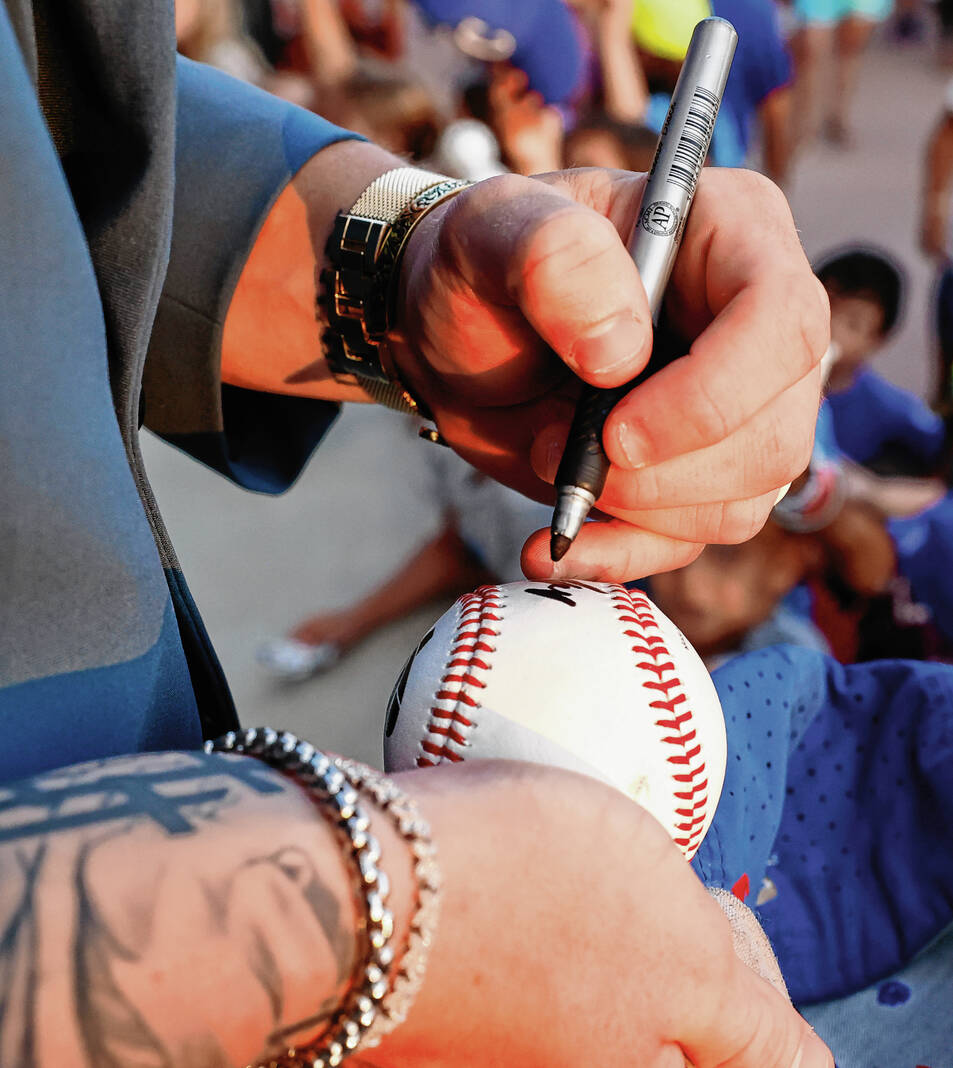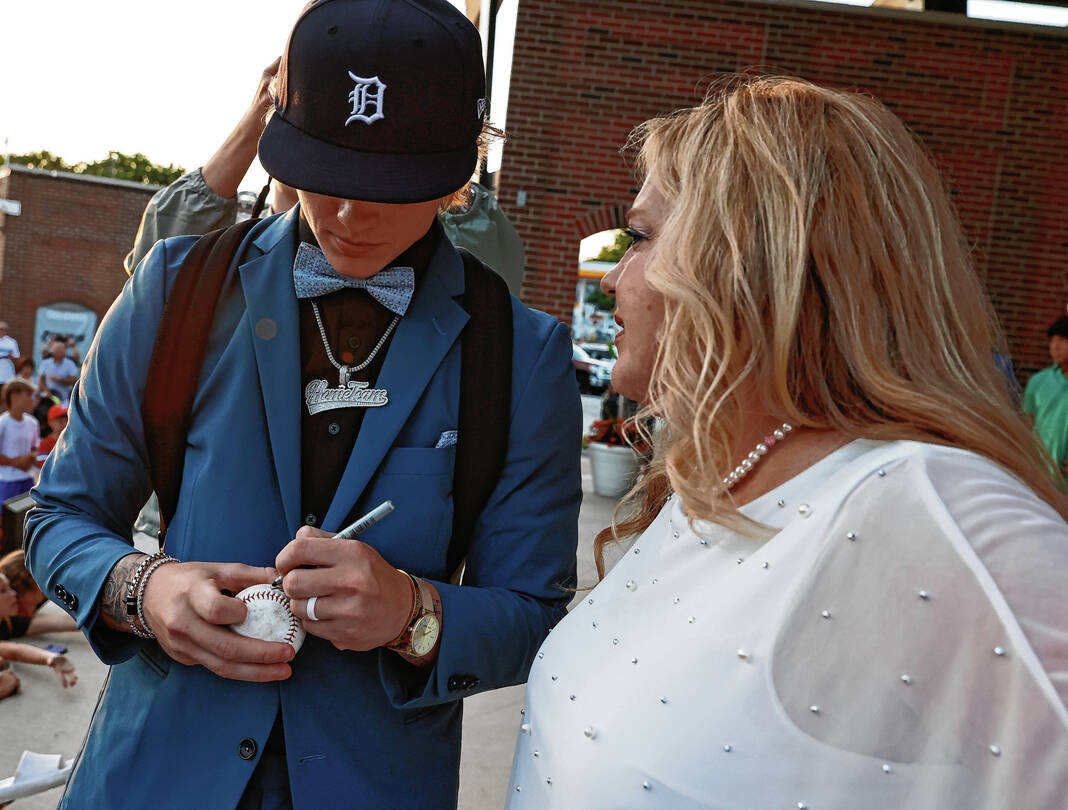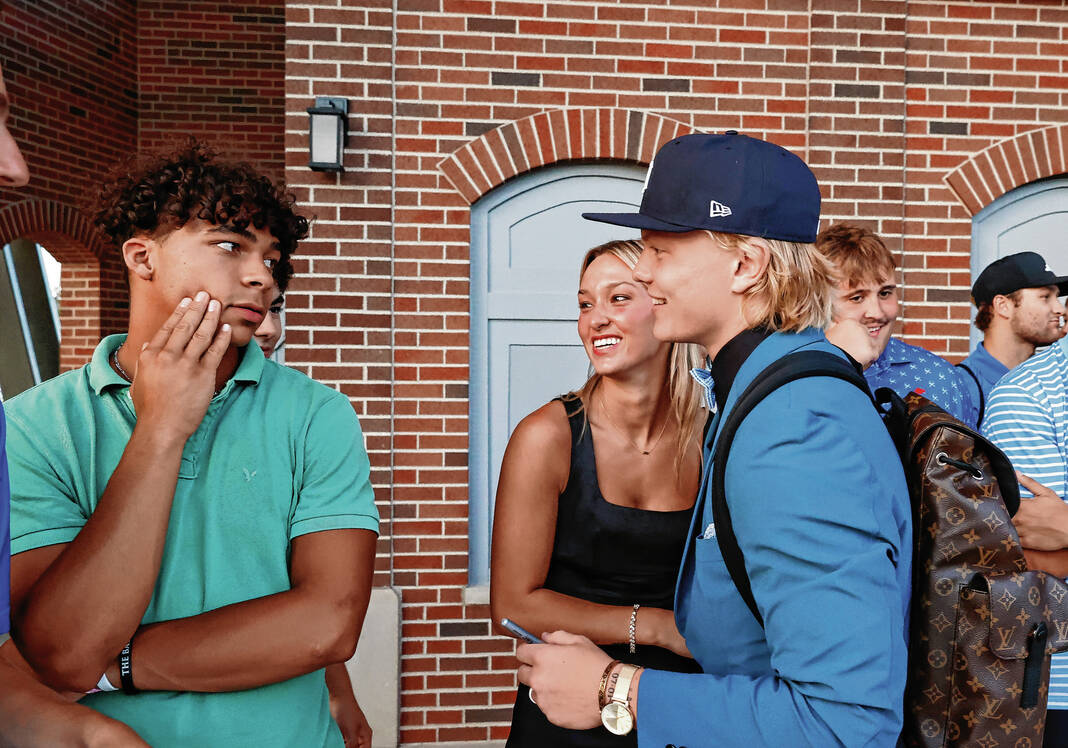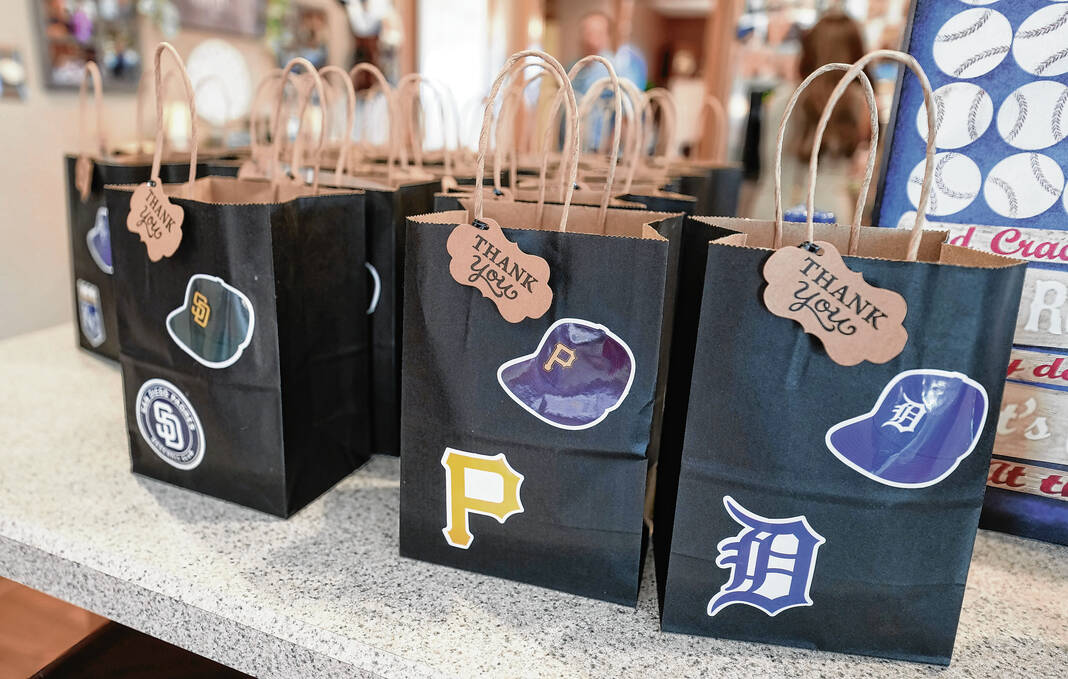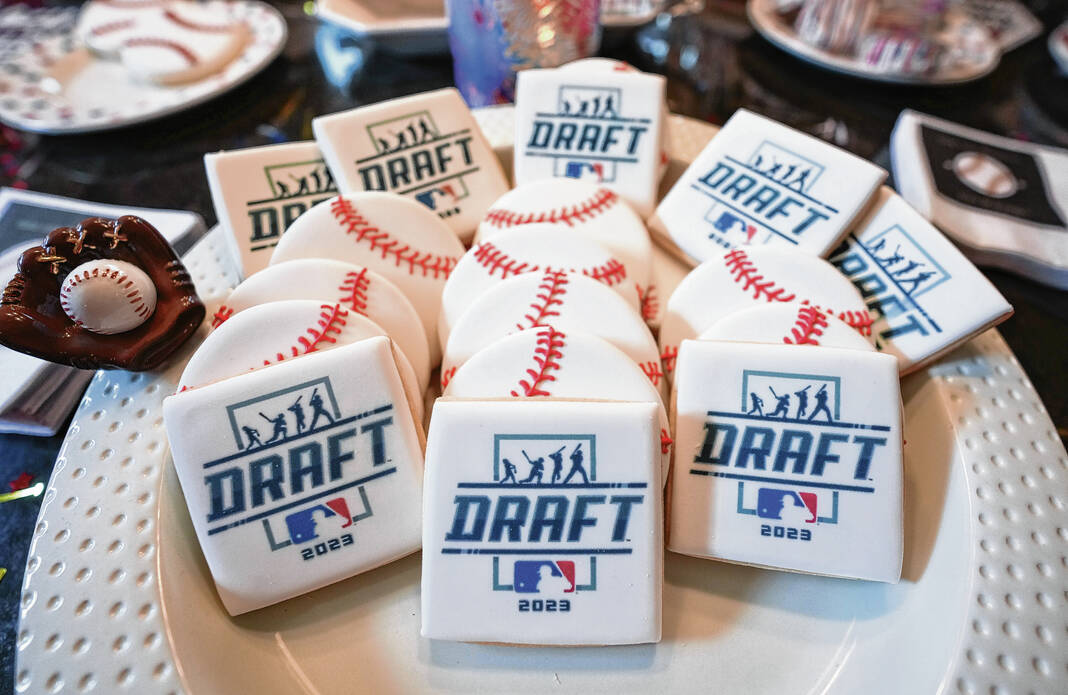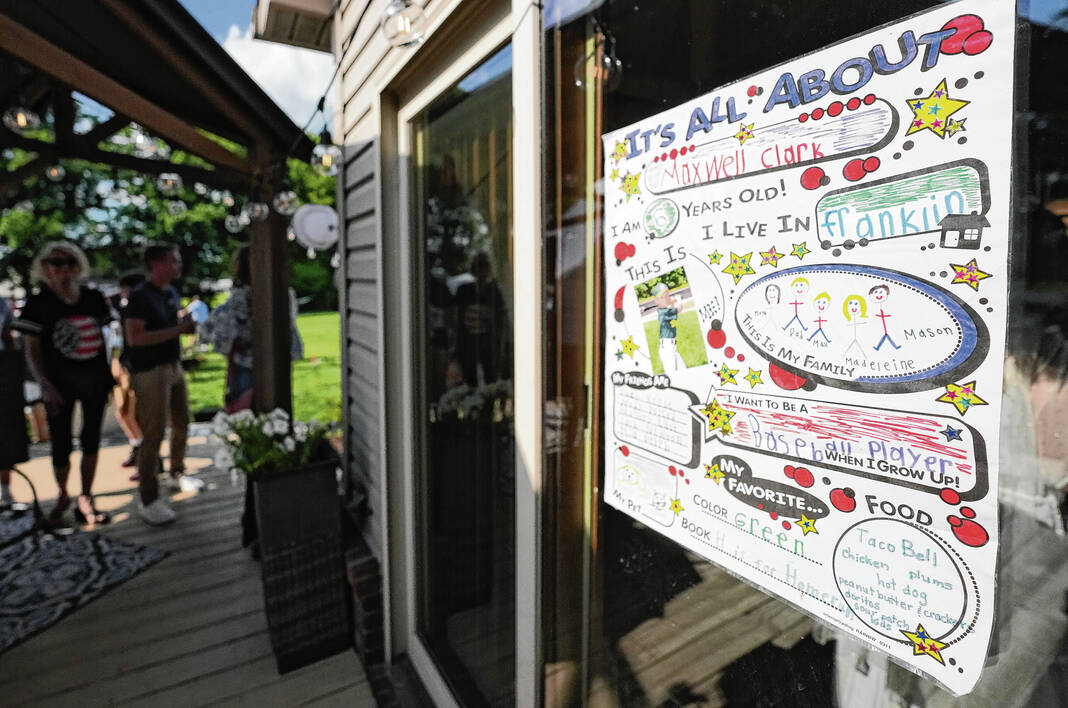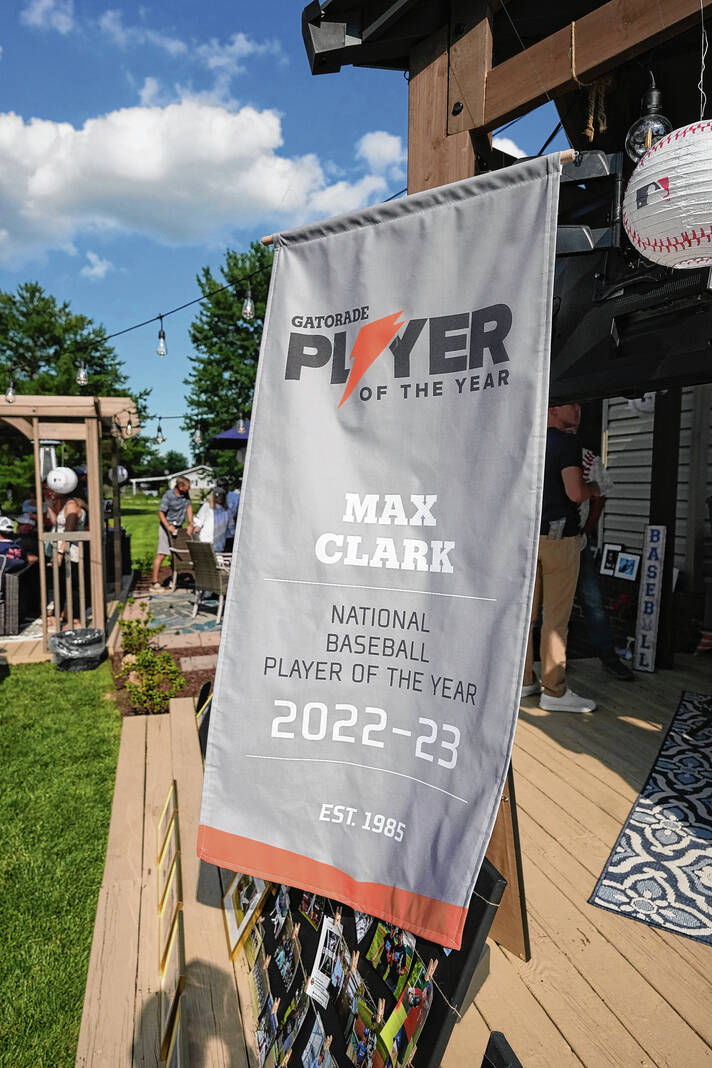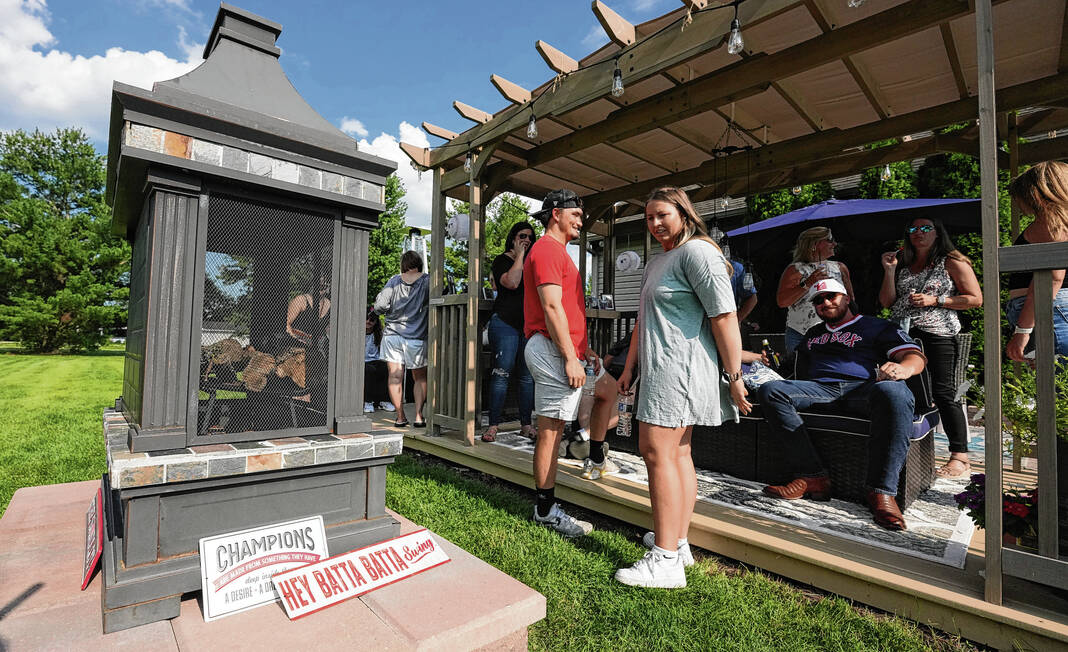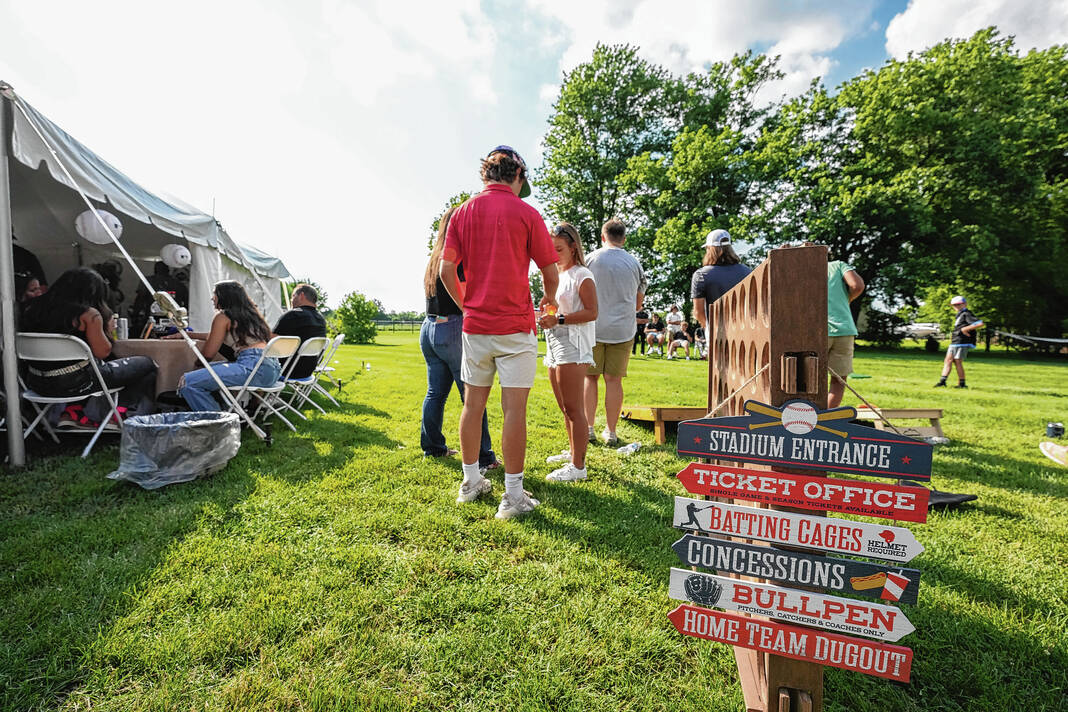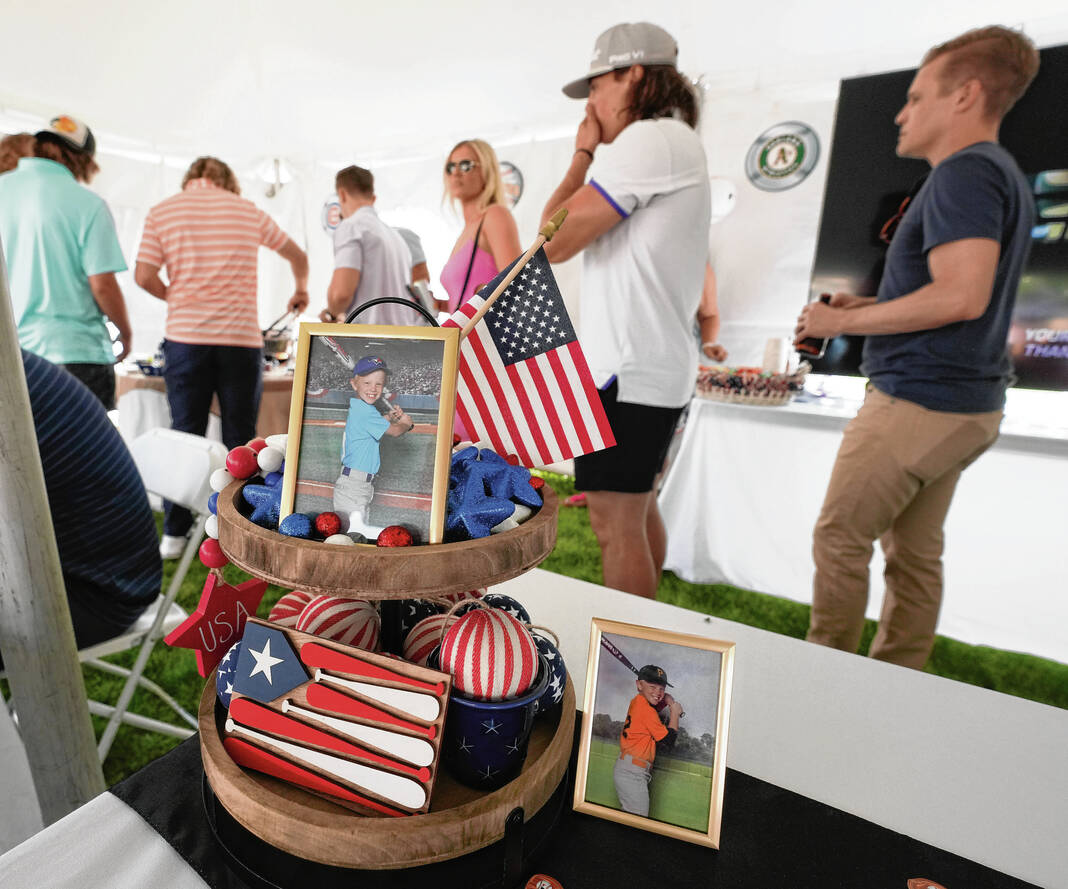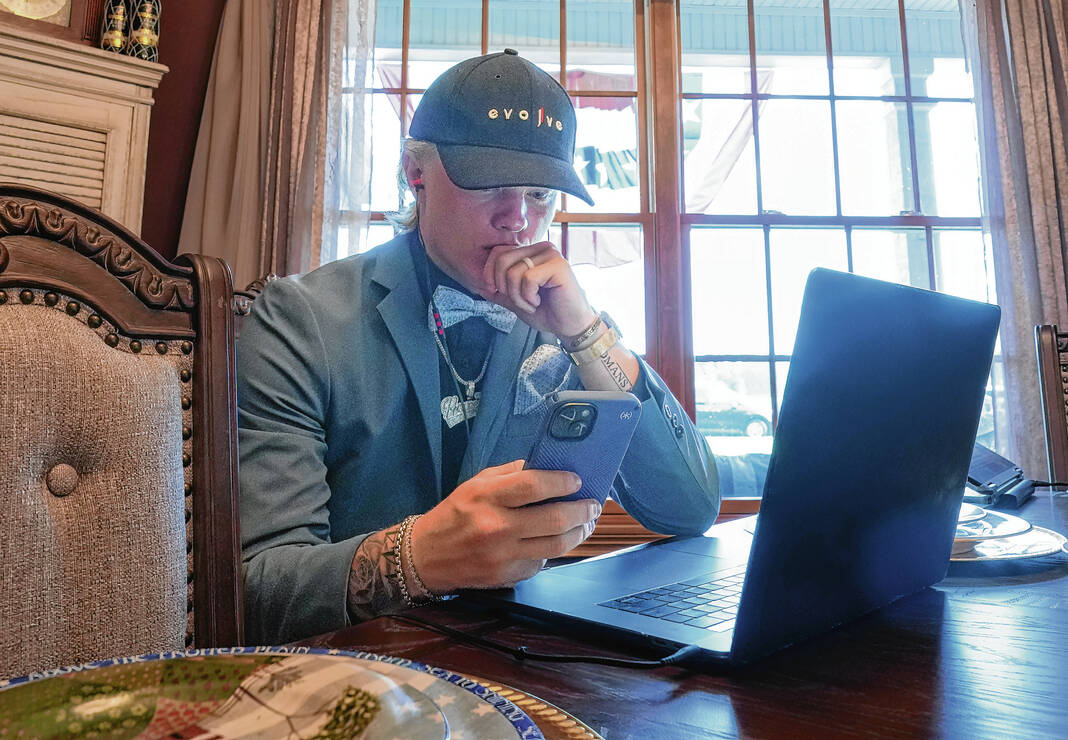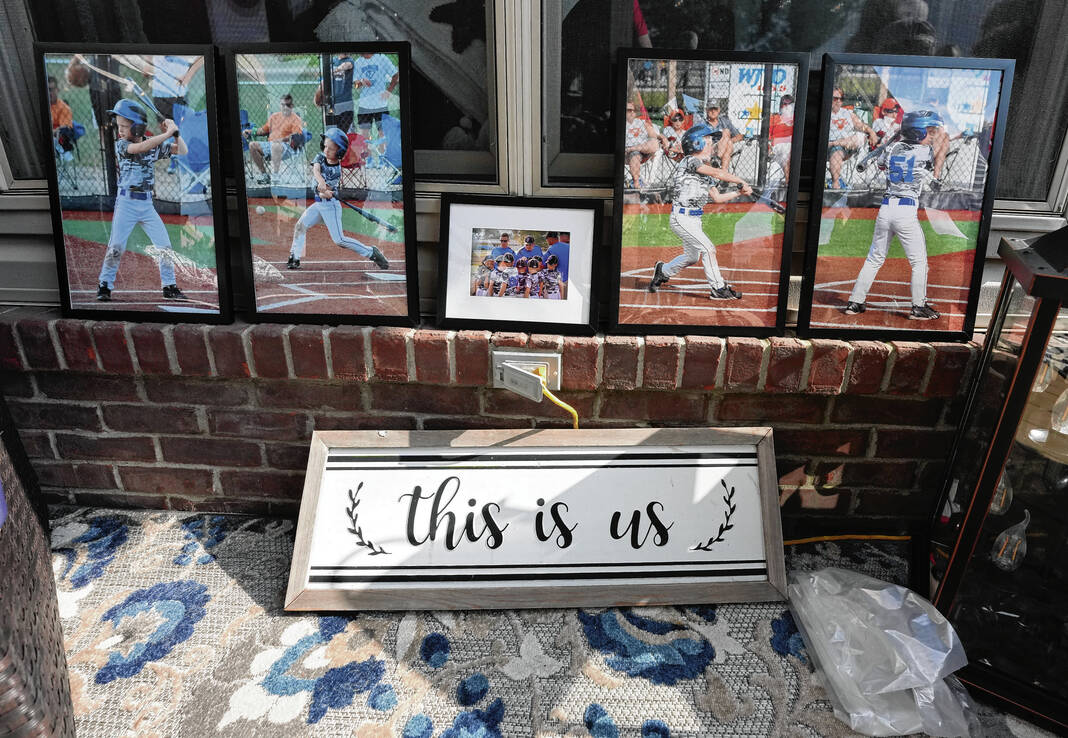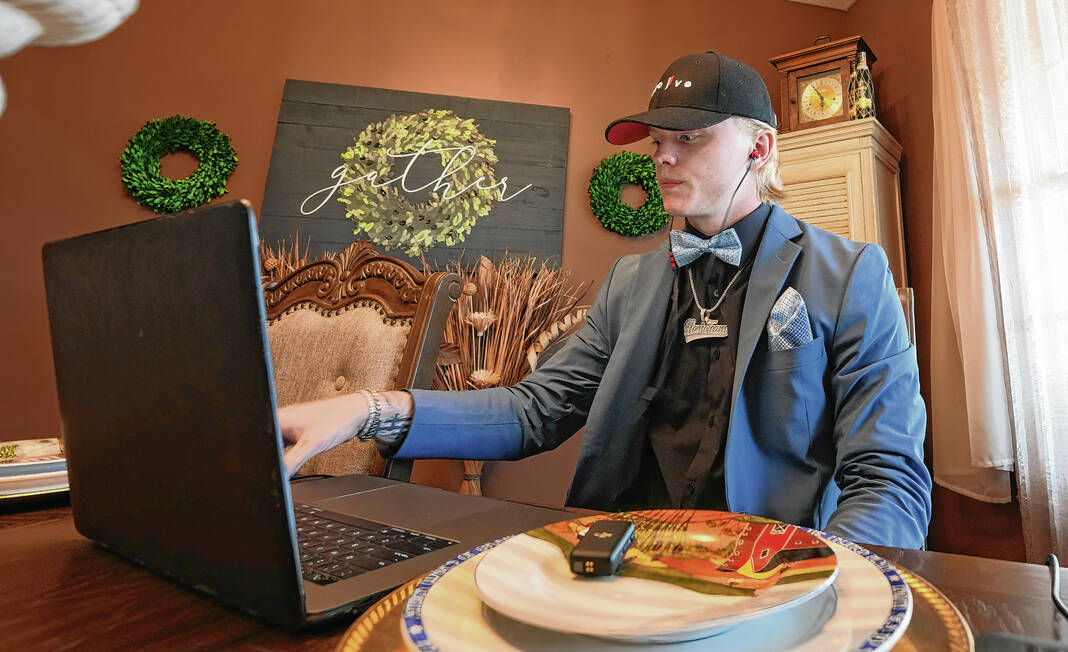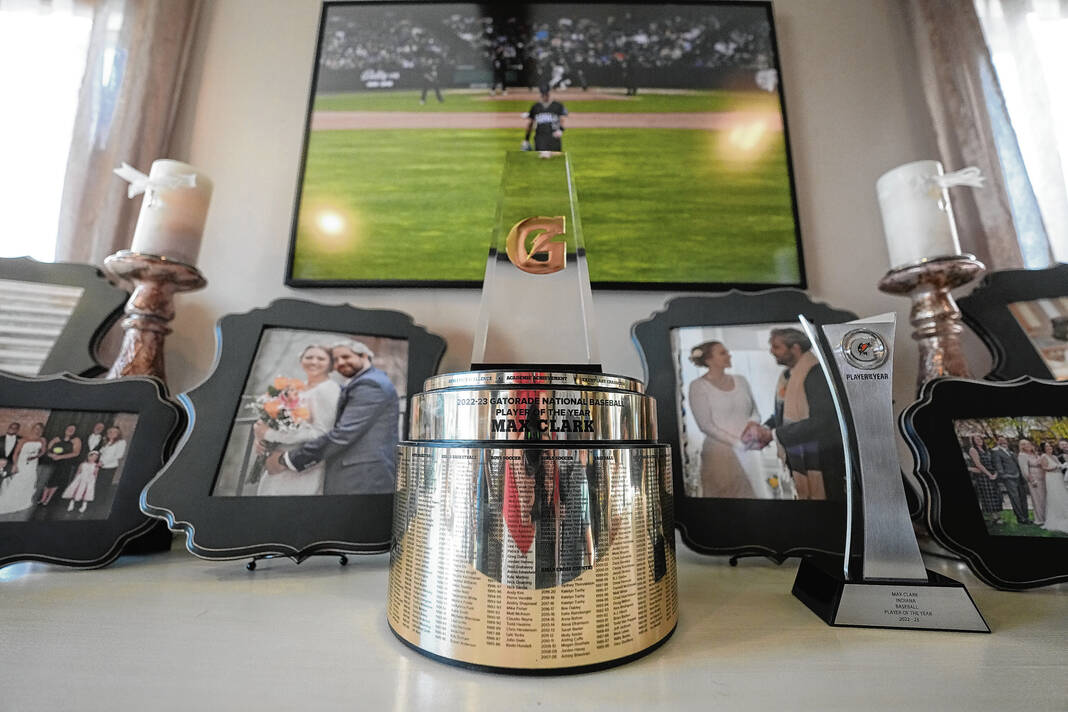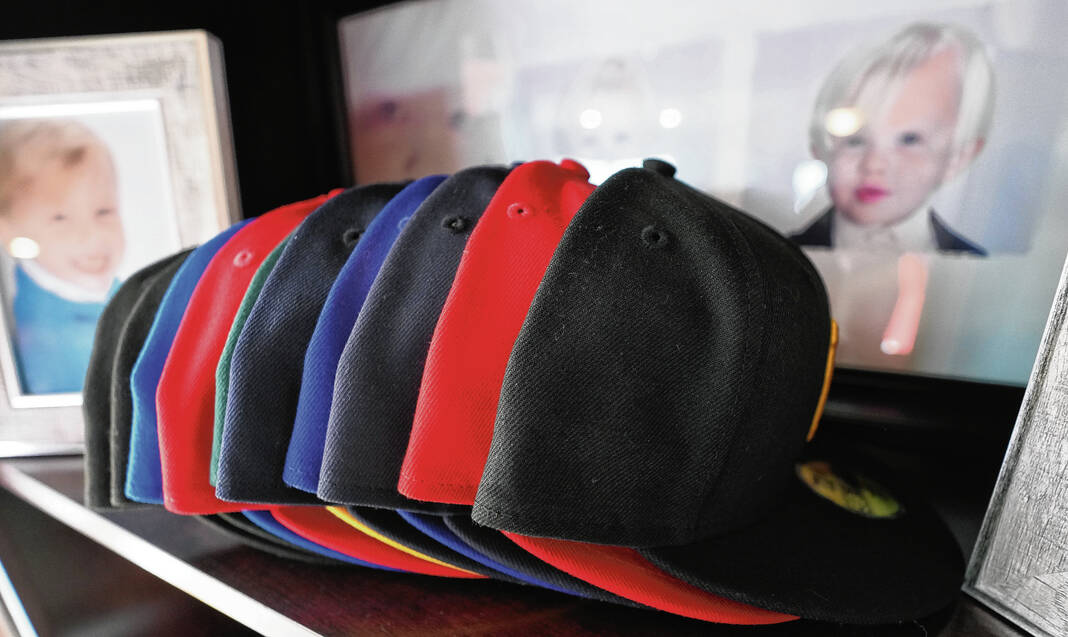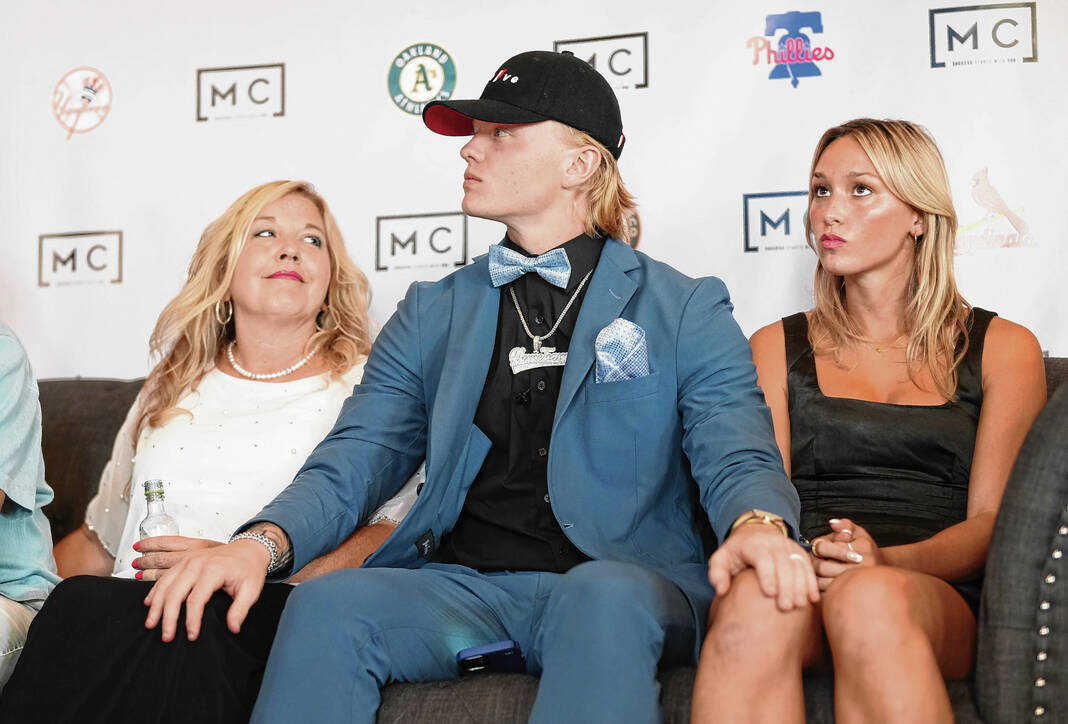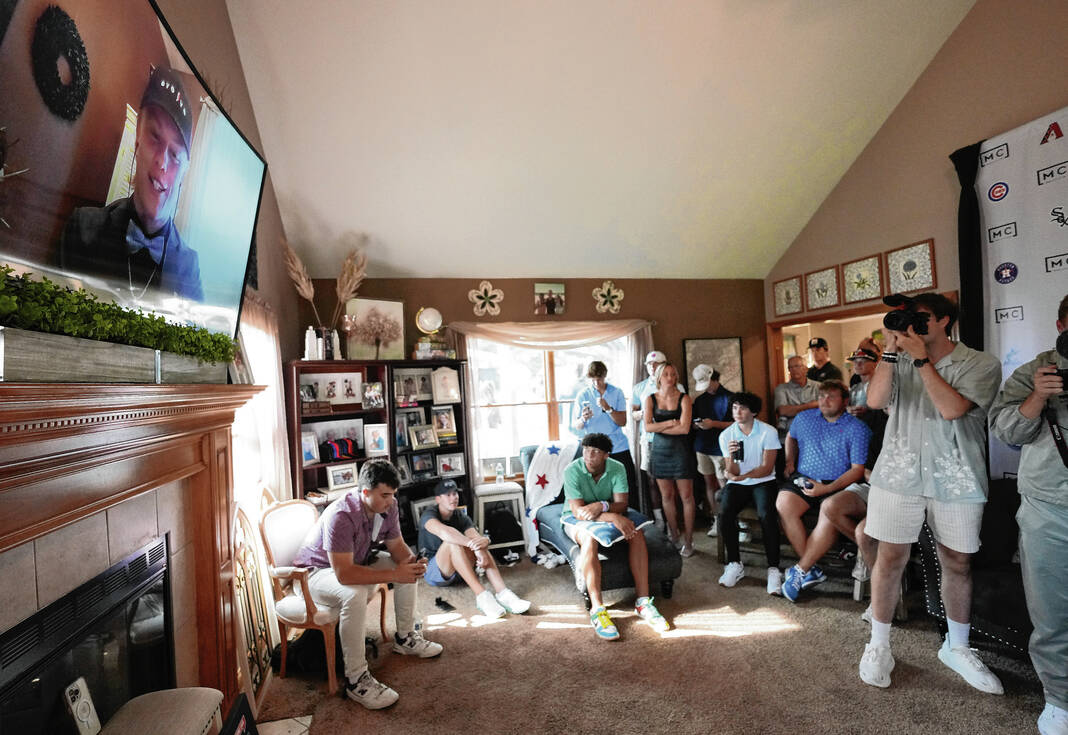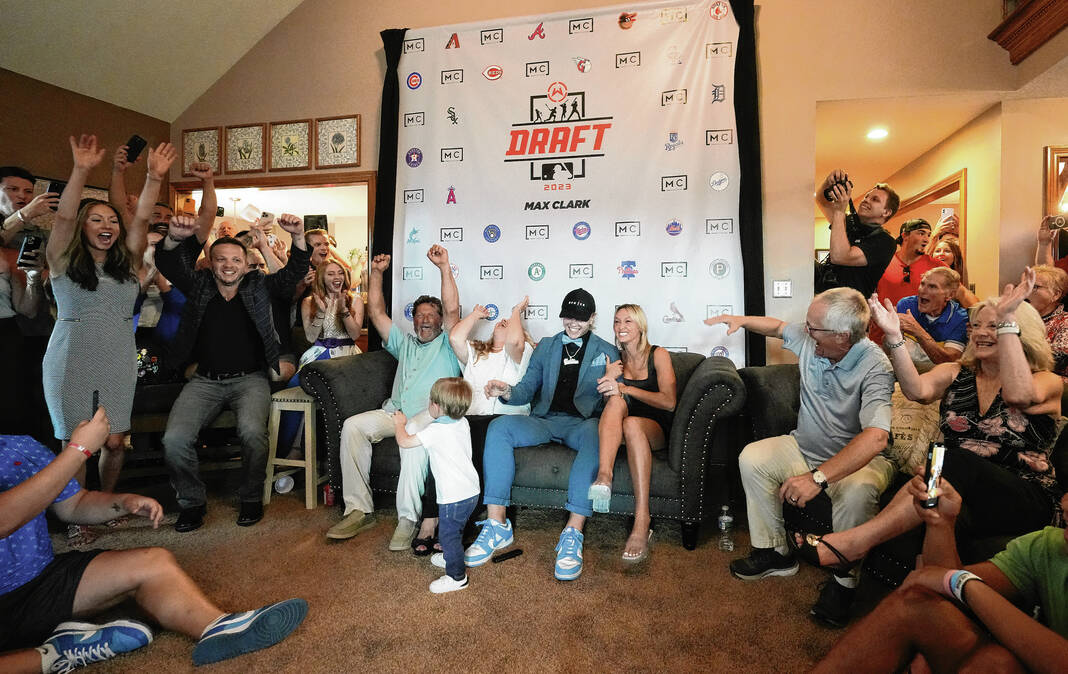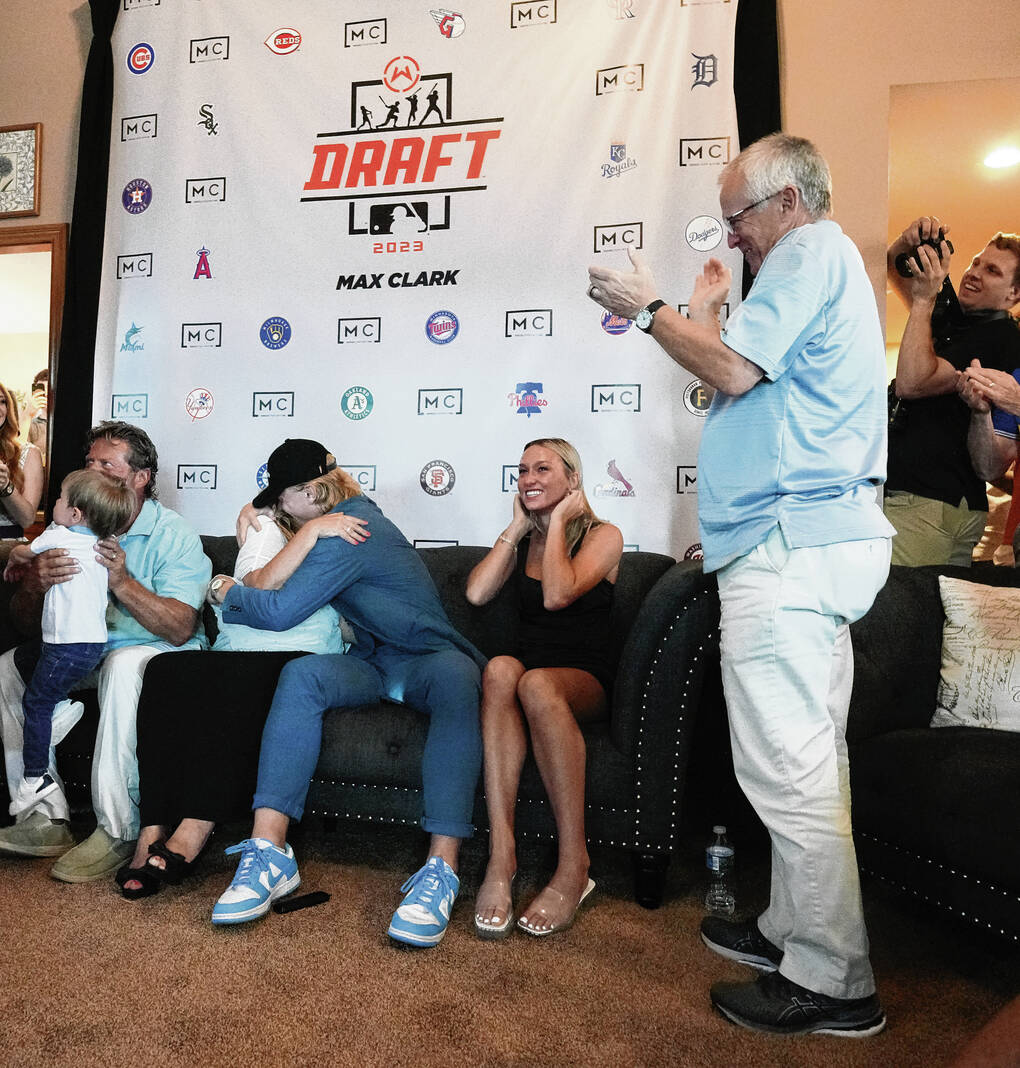Hanging on the sliding glass door leading into his house Sunday afternoon was a poster that Max Clark had made in school when he was 6 years old. Inside one bubble on the poster were the printed words: “I want to be a _________ when I grow up!”
Max’s handwriting filled in the blank in black magic marker: “Baseball player.”
That officially became Clark’s profession at 7:23 p.m. on Sunday evening, when Major League Baseball commissioner Rob Manfred announced the recent Franklin graduate as the Detroit Tigers’ pick — and the No. 3 choice overall — in the 2023 MLB draft.
“I’m still kind of living the high right now,” Clark said moments after being selected. “It’s unreal.”
The mystery of who was going to land where didn’t clear up until the last minute. Even as he did a live Zoom interview with MLB Network around 6:20 p.m., Clark still had not a clue where he was headed. His agent, Sam Samardzija, was out in Seattle working the room in person, but Clark’s phone remained relatively quiet as the clock inched toward 7 p.m.
“The 11th hour is when it gets real,” Clark explained earlier in the evening.
Sure enough, Clark received a text from Samardzija moments after the broadcast began letting him know that the Pittsburgh Pirates, who owned the top overall pick, were going with LSU pitcher Paul Skenes.
Though he was ranked fourth or fifth on most pre-draft prospect lists behind three collegiate stars — LSU outfielder Dylan Crews as the consensus No. 1 with teammate Skenes and Florida outfielder Wyatt Langford close behind — Clark remained in play as the potential top overall pick because of how MLB’s draft system is set up.
Each team has a predetermined amount of money that it can allocate as it sees fit among the players it picks during the first 10 rounds, with a “slot value” assigned to each draft position; some clubs opt to cut deals with players who are willing to sign for an “under slot” bonus amount because it provides the flexibility to pay more to their subsequent picks. The Pirates struck such a bargain with catcher Henry Davis — who was recently called up to the Triple-A Indianapolis Indians — in 2021, and there was plenty of speculation heading into this year’s draft that history might repeat itself.
It didn’t, but Clark didn’t have to wait much longer to hear his name called. Just before the Washington Nationals grabbed Crews at No. 2, Samardzija called to deliver the news.
“I had just had a call with the Tigers yesterday and it went really, really well,” Clark said, “and I was face-to-face with GM Scott Harris. We established a really good connection, spoke a ton of stuff man to man; it was fantastic. So Sam calls me and he goes, ‘Guess what?’”
Manfred’s announcement set off a roar of applause in Clark’s living room — as well as just outside on the back deck, where dozens of others were watching on TV sets. An entire community helped make Sunday happen, and they all celebrated it.
“How can you not be excited for Max?” said Ryan Feyerabend, who recently stepped down after 10 seasons as the head baseball coach at Franklin. “It’s definitely been a long journey, a long process, this day that we knew was coming four years ago. For it to finally be here is kind of surreal.”
Clark has long been considered one of the top prospects in this draft class and certainly didn’t hurt himself with a senior season for the ages. He batted .646 (42 for 65) in his final go-around as a Grizzly Cub while walking 52 times and getting hit by three pitches for an .808 on-base percentage. Despite being pitched around nearly half the time, Clark still finished with nine doubles, five triples and six home runs; he totaled 45 runs scored, 33 RBIs and 35 stolen bases.
Though he didn’t pitch for Franklin this spring, scouts are more than familiar with Clark’s throwing arm, which has uncorked pitches in the high 90s and should play well even in the deepest of outfields. The combination of that arm and his speed make Clark a no-doubt center fielder.
Many had expected Langford to be the Tigers’ pick at No. 3, but director of baseball operations Scott Harris made it clear Sunday night that Clark was their guy in that spot if he was available — and that the in-person meeting played a part in that.
“Makeup’s a big deal for us in this organization,” Harris said late Sunday night. “We wanted to see what type of person we were getting when he was out of his most comfortable environment — because every one of these players we take, Max included, will face adversity in the minor leagues. They will face adversity in the major leagues. So trying to put Max in different environments, trying to ask him difficult questions, trying to see how he thinks when you throw something at him that he isn’t expecting — those are all part of our process. We want to evaluate the mental side of the game as well as we are evaluating the physical and fundamental sides of the game. I think the visit was a really important step.”
Now that he’s been drafted, Clark hopes to one day become just the third person born in Johnson County to reach the majors. George Crowe, Indiana’s first Mr. Basketball and a 1939 Franklin graduate, played two seasons in the Negro Leagues (1947-48) and later spent 10 years (1952-61) playing in the National League for the Braves, Reds and Cardinals. Jim Duggan, who was born in Whiteland and attended Franklin College, appeared in exactly one game for the St. Louis Browns, a 6-5 win over the Detroit Tigers on June 29, 1911.
Getting picked so early in the draft puts Clark on the fast track to the bigs, but it is not a guaranteed ticket. Of the 30 first-rounders taken in 2013, five never reached the majors. Eight others at least got that initial call-up but own a career wins above replacement (WAR) below zero, and another six currently have a career WAR between 0.0 and 1.0.
Clark wants to not just make it, but stick around for a while. He knows a lot of hard work remains ahead, and it’s likely to start in Lakeland, Florida, the home of the Tigers’ rookie-ball squad in the Florida Complex League as well as their low-A farm club. But being able to celebrate this milestone night with those closest to him — first at home with his family and about 200 of their closest friends, then in downtown Franklin with several hundred others — was truly memorable.
“This community is everything,” Clark said. “The support has been absolutely unreal, and this is that long time coming that I’ve been waiting for.”


